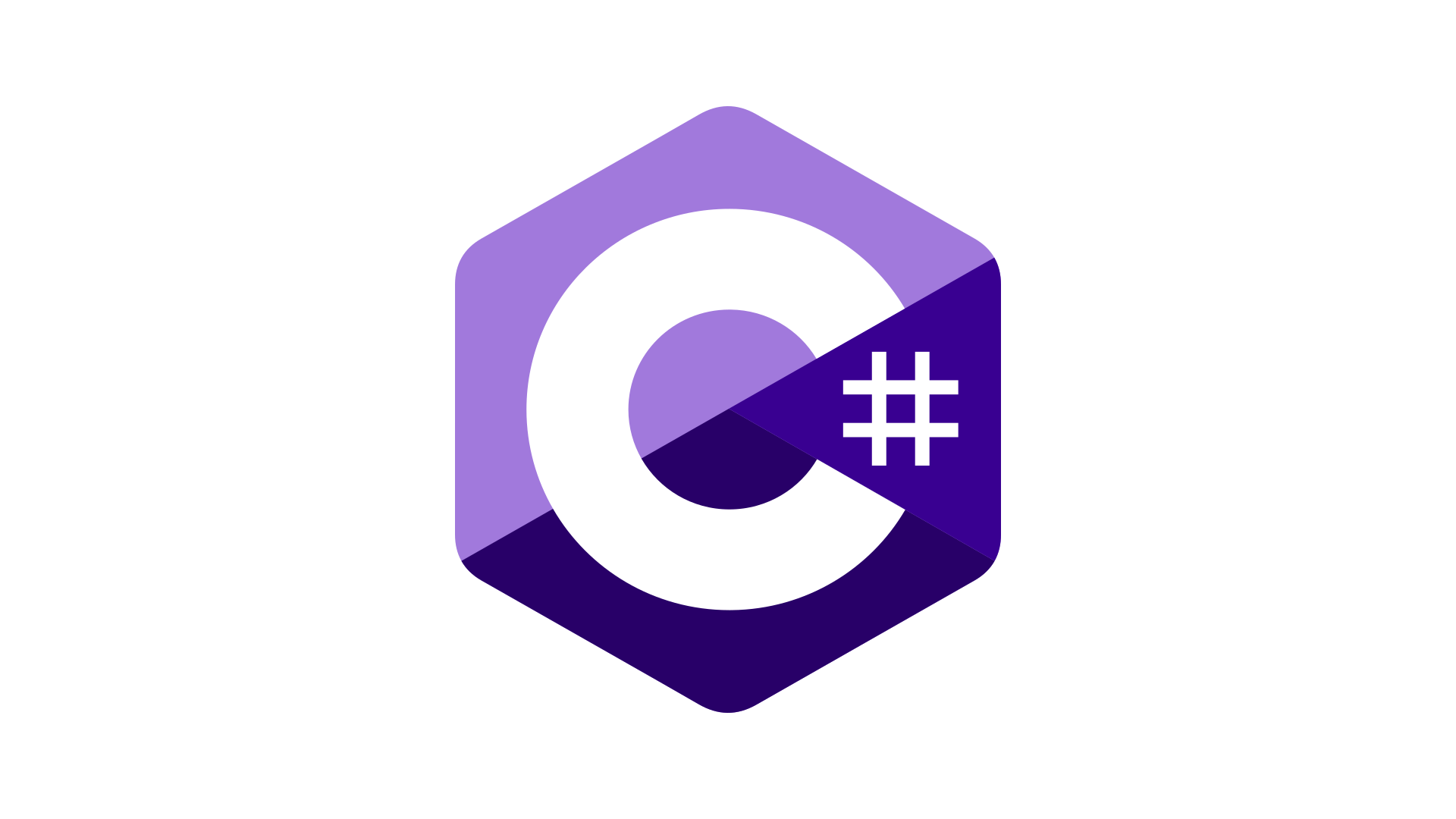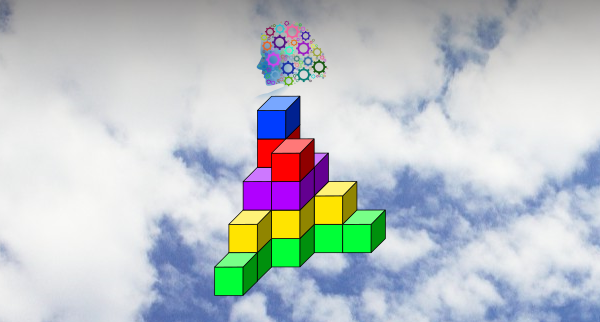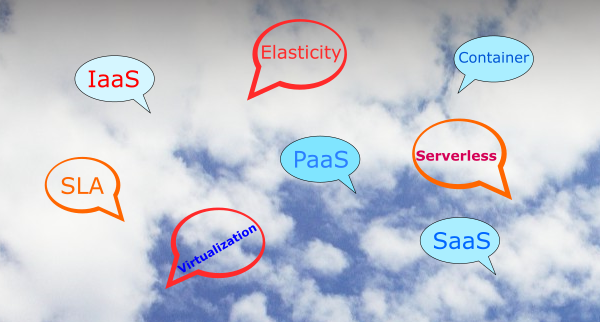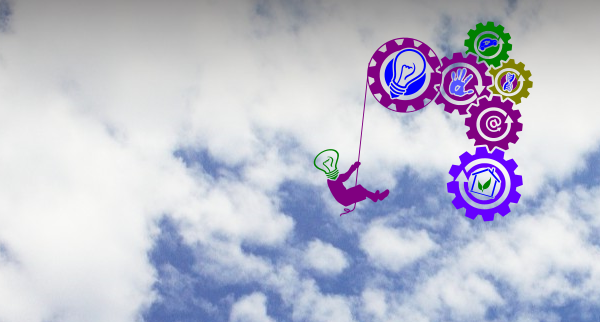Navigating the Dual Nature of AI: Balancing Opportunities and Risks in an Era of Technological Advancement
Can artificial intelligence (AI) be misused? You bet it can big time! Knowledge can be dangerous. And too much knowledge can be made to work against us, and the phrase “vast knowledge” is already synonymous with AI.
In my previous essay there was a sentence that goes: “… the Internet evolving into a digital companion that aids us in navigating the complexities of the modern world“. That is the positive side. Let us think how AI can be used negatively.
It all comes down to our personal privacy, as being identified can do us harm; and human artifacts as AI systems are, algorithms can be biased, and biased algorithms can work against us for some ulterior motives.
In today’s technologically advanced landscape, the power and potential of AI are undeniable. However, as we harness the benefits of AI, it is crucial to explore the potential misuse and risks associated with its pervasive influence. If the the benefits are too high, so are the risks. This essay touches upon the intricate interplay between the positive and negative aspects of AI, emphasizing the need for responsible usage and robust safeguards.
AI, with its vast knowledge and capabilities, has the potential to be a double-edged sword. While it can serve as a digital companion, aiding us in navigating the complexities of the modern world, it also poses significant risks when misused. Privacy becomes a paramount concern, as algorithms, inherent in AI systems, can be biased and manipulated for ulterior motives.
Two poignant adages of the Information Age underscore the gravity of privacy issues.
- “Google [search engines] know more about a person than their spouse”. This highlights the extensive data harvested through activities such as search history and website visits.
- “If the service is free, you’re the product”. This raises questions about the extent to which individuals willingly sacrifice their privacy for seemingly cost-free services like WhatsApp.
The potential benefits of AI, spanning healthcare and various industries, also bring forth considerable risks. The automation facilitated by AI can disrupt jobs across sectors, from blue-collar roles to knowledge-intensive white-collar positions. Experts suggest that such job disruptions across various services and industries could potentially reach as high as 40%.
There is now a disturbing example of the efficiency gap between human and AI-generated computer programming code, emphasizing the looming challenges for software developers. The other day it took me seconds to put together program code using ChatGPT that would have taken me hours to write and refine, so think where software developers would be in a few years time.
Furthermore, the transformative impact of “deep learning” AI in fields like medicine, where AI agents can outperform human counterparts in tasks such as diagnosing illnesses and analysing medical history can have a great impact. However, the potential consequences of AI influencing insurance premiums based on predictive health outcomes raise ethical concerns, necessitating stringent regulations to protect individuals from exploitation. AI Agents as a personal assistant is one thing, but consider the notion of governments owning AI Agents to use against their citizens. With face recognition based on cameras at every corner, it is possible to track the movement of individuals which can have far-reaching consequences.
Considering the aforementioned illustrative concerns and recognizing that this list is by no means exhaustive, let us also remind ourselves that it is not all doom and gloom.
The issue does not lie with the technology itself, but rather in how it is utilized or misused.
Efficiency gains from AI-assisted programming could unlock unforeseen possibilities. As advancements shift, a new wave of pervasive computing, focusing on improving AI-powered applications and systems, might mitigate the current losses in software programming jobs. Likewise, the same facial recognition technology employed to track individuals can be repurposed to assist vulnerable individuals in a crowd or pupils in a classroom scenario who may require assistance. AI assisted labs are positive developments for early diagnoses of illnesses, contributing to enhanced personal healthcare. The significance of AI agents performing tasks traditionally handled by medical doctors cannot be overstated, as it addresses critical healthcare challenges prevalent in the developing world where medical professionals are scarce.
The narrative underscores the importance of responsible use of AI technology. While acknowledging the potential for job disruptions and ethical concerns, it emphasizes the role of effective policies in workforce planning, retraining, and adaptation to technological advancements.
In conclusion, this Thought for the Day encourages individuals to play an active role in shaping the responsible use of AI. It advocates for heightened privacy protection measures, awareness of the implications of biased algorithms, and active participation in influencing legislative safeguards. By collectively steering the course of AI development, society can harness its benefits while mitigating potential risks.
















0 Comments